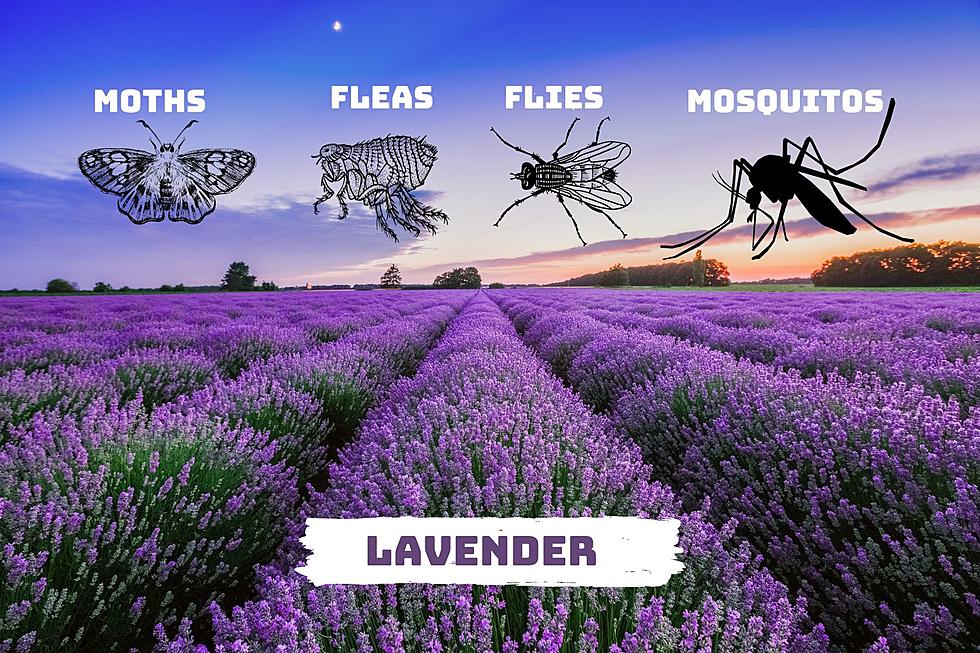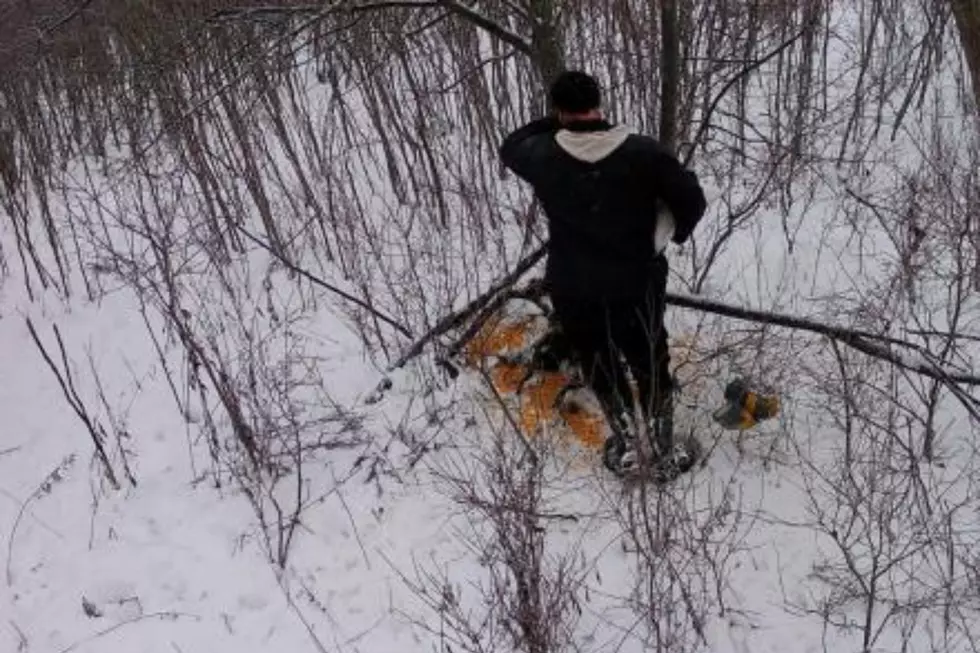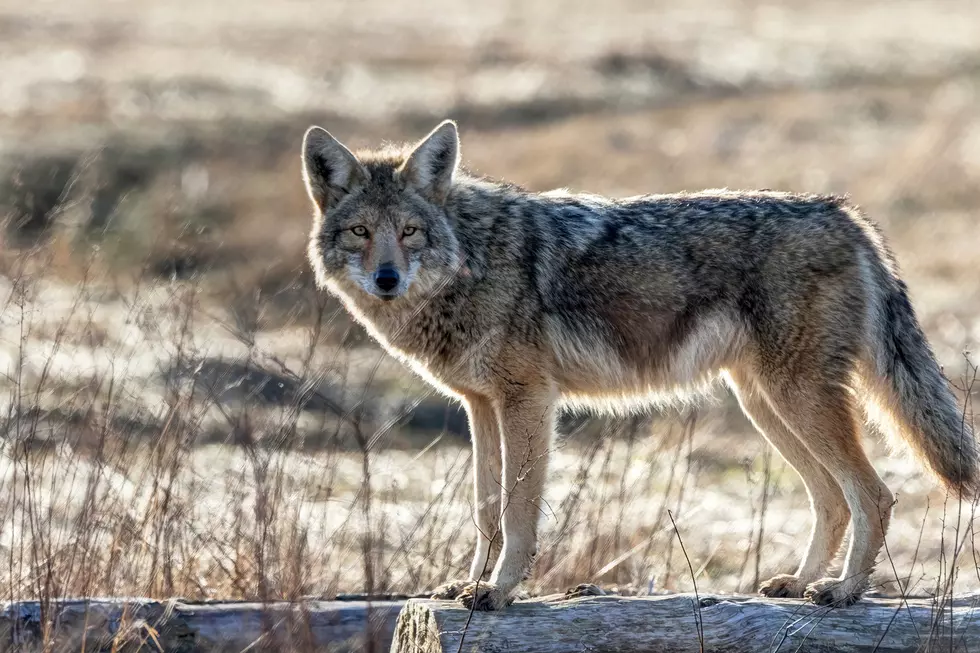
Lawn Care Tips From The Master Gardeners – Ag Matters
Our cool nights are not only keeping farmers and gardeners from planting it's also holding back lawn work. Overnight lows in the 50's are coming soon and that marks the perfect time to start reseeding or repairing bald spots. The Master Gardeners at Cornell Cooperative Extension have some tips on creating a lush, green yard.
Cornell's Turfgrass Program website has researched based information on Lawn Care. From identifying the weeds that pop up in your lawn to booklets and videos that guide you with lawn care.
Selecting grass seed - Now is a good time to repair the bare lawn spots from winter’s wear and tear. Select grass seed from the kind you already have growing. Consider the location; sun and shade grass varieties are available. Make sure to water what you have seeded. Irrigate in the morning hours.
Fertilizing- Test your soil to see how much phosphorus (P) and potassium (K) fertilizer your lawn needs. Lawns should have a pH in the range of 6.0 to 7.0 which reads slightly acidic. Test your lawn soil, CCE does pH soil testing for $2 a sandwich baggie sample. The test results will tell you whether to add lime or sulfur to bring the pH to the proper range. The ideal time to fertilize grass is when it is actively growing, end of May to beginning of June or around Labor Day in September.
Mowing your lawn - Make sure mower blades are sharpened. Set the mower deck to 3 to 3 ½ inches high. This will help increase your lawn grass density while shading out the weeds. Also let grass clippings fall back into the lawn, they will break down and add nutrients back to the soil.
For more information contact Cornell Cooperative Extension Oneida County’s Horticulture Hot Line Wednesdays and Fridays from 9:00am to 12:00pm at 315-736-3394.
SOURCE: Cornell Cooperative Extension
More From Big Frog 104









